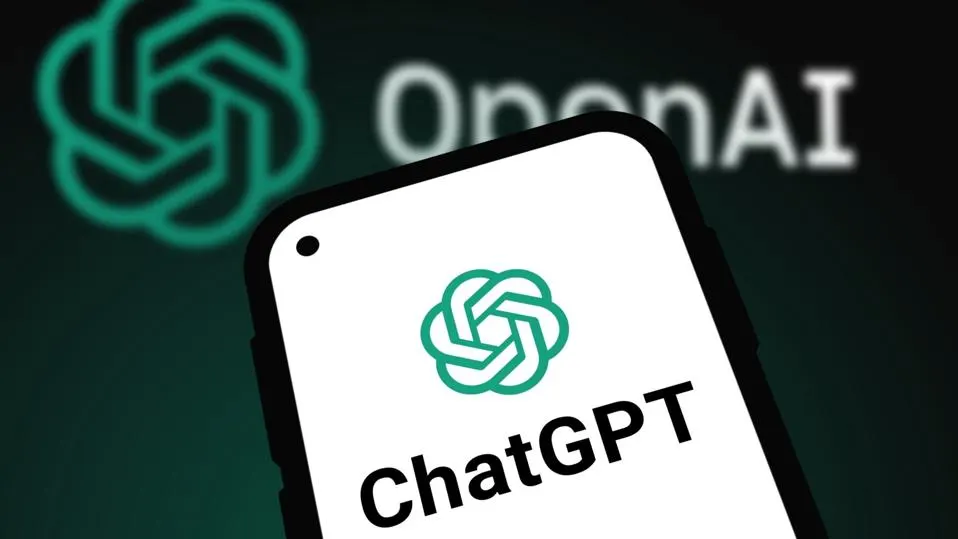The Important Differences Between Chief Data Officer And Chief AI Officer
16 August 2023
In an age where digital transformation has become the bedrock of modern enterprises, new titles in the executive boardroom are emerging. Two of these titles, the Chief Data Officer (CDO) and the Chief AI Officer (CAIO), often become subjects of debate and confusion. Are they not one and the same, given the intertwined nature of data and AI? The answer is a definitive no. While they operate in overlapping domains, their roles, responsibilities, and core competencies differ substantially.

To ensure that businesses leverage both data and artificial intelligence to their fullest potentials, understanding the distinctions between these roles is crucial. Let's unpack the nuanced differences.
Origins and Evolution
The CDO role came into prominence first. With the explosion of big data and the realization of its potential value, organizations recognized the need for a dedicated leader to manage and monetize their vast data assets. The CDO's primary role was to ensure data governance, quality, and privacy, turning data into a strategic asset.
The CAIO, on the other hand, emerged with the rise of AI's tangible business applications. While data is the fuel for AI, the CAIO focuses on the engine—how AI models are built, implemented, and scaled across the organization to derive meaningful insights and action from data.
Core Responsibilities
CDO: Their central focus revolves around data governance, ensuring that data is collected, stored, and accessed in compliance with regulations. They look at data architecture, quality, lineage, and lifecycle. Their primary goal is to make data reliable, consistent, and accessible to different business units.
CAIO: The realm of the CAIO is application. They strategize on how to leverage AI technologies – from machine learning to neural networks – to solve business problems. They navigate the challenges of AI integration, ensuring models are accurate, ethical, and provide value.
Strategic Outlook
CDO: Their vision is broad, often with a long-term perspective. They think about how data will shape the company's future, ensuring infrastructures and strategies are in place to handle the evolving data landscape.
CAIO: Their approach is dynamic, looking at immediate and mid-term AI solutions that can offer a competitive edge. They stay abreast of rapid AI advancements, ensuring the organization remains ahead of the curve.
Skill Set
While both roles require a deep understanding of data and technology, the emphasis varies.
CDOs typically have backgrounds in data management, IT, and business operations. They possess strong organizational skills, understanding data taxonomies, architectures, and regulatory landscapes.
CAIOs, conversely, often come from data science or machine learning backgrounds. They have a deep understanding of AI algorithms, tools, and best practices. Beyond technical knowledge, they also need strategic acumen to integrate AI into business processes effectively.
Collaborations and Interactions
CDO: They frequently collaborate with IT departments, given their focus on data infrastructure. Additionally, they interact with legal teams to ensure compliance, and with business units to understand data needs.
CAIO: Their collaborations are broader, spanning IT, data science teams, and business units. They work closely with the CDO to access clean, structured data, and with decision-makers to implement AI-driven solutions.
Challenges
CDO: They often grapple with legacy systems, data silos, and regulatory constraints. Ensuring data privacy and security, especially in a globally interconnected business environment, remains a top concern.
CAIO: Their challenges revolve around the complexities of AI implementation—ensuring models are unbiased, transparent, and ethical. Additionally, they face the task of demystifying AI for stakeholders, advocating for its value, and addressing concerns.
While the roles of CDO and CAIO are symbiotic, with data being the bridge connecting them, they are distinct in function, vision, and challenges. In the modern boardroom, both roles are invaluable. The CDO ensures that the organization's data is a well-oiled machine, structured and compliant, while the CAIO drives the vehicle, harnessing AI's power to traverse the competitive business landscape. Recognizing their unique contributions ensures that businesses not only stay afloat in the digital age but sail ahead with confidence.
Related Articles
11 Most Reliable AI Content Detectors: Your Guide To Spotting Synthetic Media
Since the launch of ChatGPT just two years ago, the volume of synthetic – or fake – content online has increased exponentially.[...]
The AI-Powered Citizen Revolution: How Every Employee Is Becoming A Technology Creator
Something remarkable is happening in organizations around the world.[...]
6 Mistakes IT Teams Are Guaranteed To Make In 2025
The next wave of artificial intelligence isn't just knocking at enterprise doors - it's exposing fundamental flaws in how organizations approach technology transformation.[...]
2025’s Tech Forecast: The Consumer Innovations That Will Matter Most
Consumer technology covers all of the tech we buy to make our lives more convenient, productive or fun.[...]
7 Healthcare Trends That Will Transform Medicine In 2025
Healthcare has evolved dramatically in recent years, with technology driving countless new opportunities, just as demographic and societal factors have created new challenges.[...]
The Simple ChatGPT Trick That Will Transform Your Business AI Interactions
I believe ChatGPT and other generative AI tools can help pretty much any business.[...]
Sign up to Stay in Touch!
Bernard Marr is a world-renowned futurist, influencer and thought leader in the fields of business and technology, with a passion for using technology for the good of humanity.
He is a best-selling author of over 20 books, writes a regular column for Forbes and advises and coaches many of the world’s best-known organisations.
He has a combined following of 4 million people across his social media channels and newsletters and was ranked by LinkedIn as one of the top 5 business influencers in the world.
Bernard’s latest book is ‘Generative AI in Practice’.










Social Media